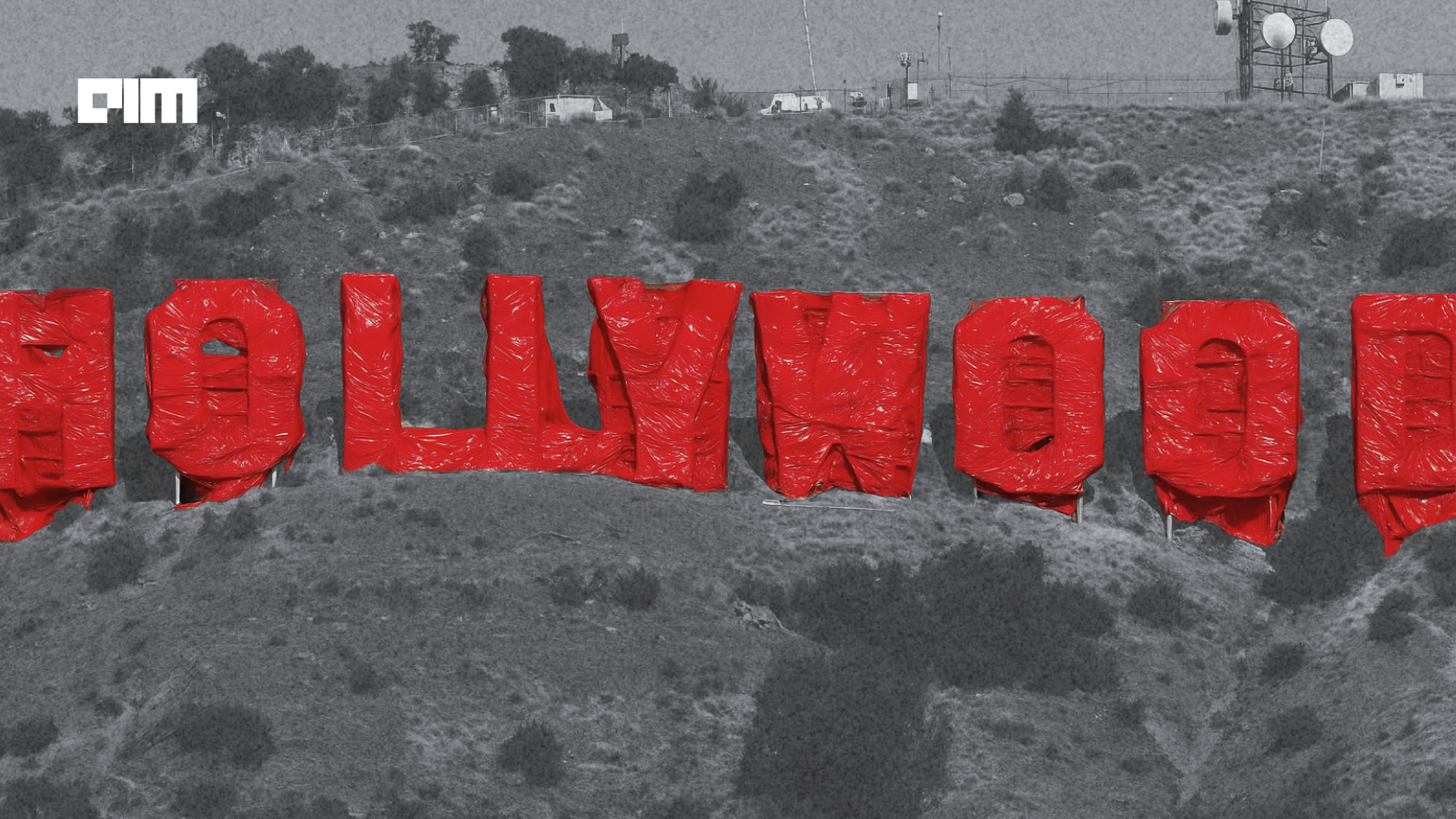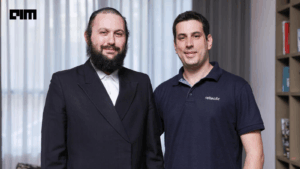Some of the most ambitious AI startups are staking their futures on the art, and lawyers, of Hollywood. Runway and ElevenLabs have each raised hundreds of millions of dollars, promising to transform video and audio creation, landing deals with the likes Netflix, Lionsgate, Merlin Network,
In video and music: the industries where emotional stakes and copyright concerns are highest, these companies are chasing rapid adoption. This is even as unions, artists and judges scramble to define what AI can and cannot own.
Runway made its name with demo reels of AI-generated action scenes and motion-capture animations. It converted that splash into a reported trial run with Netflix in July for special-effects shots. Plus, exploratory talks with Disney about integrating AI into its content production pipeline. The startup also inked a partnership with Lionsgate to train a custom model on the studio’s film library, marketing the deal as a path to “enhance content creation and reduce production costs”. Investors have rewarded this momentum: Runway has raised over $545 million and is courting another half-billion-dollar round. This would value it north of $5 billion, despite posting heavy losses against under-$100 million in annualized revenue.
Yet Runway’s commercial wins have collided with mounting legal and labor pressure. Illustrators sued Stability AI and Midjourney last year, and a California judge allowed copyright claims against Runway to move forward. It argued that AI systems may infringe by ingesting unlicensed footage. Meanwhile, unions representing VFX artists and animators are demanding contract provisions preventing studios from replacing humans with “cheaper” AI tools. They warn that unchecked automation could hollow out thousands of jobs.
ElevenLabs has taken a more cautious path in the even murkier realm of music. Known for its text-to-speech voices used by Fortune 500 companies, the three-year-old startup unveiled “Eleven Music” last week. The tool that turns plain-English prompts (“Write a soulful jazz ballad for Friday evening”) into multi-track compositions complete with vocals. Crucially, ElevenLabs secured licensing agreements with Merlin Network and Kobalt Music Group (representing thousands of indie and major-publisher artists). The deal provides training data and revenue-sharing structures that pre-empt the lawsuits that hit rivals Suno and Udio. Its terms of service forbid prompts mentioning real artists, song titles or lyrics, with filters to avoid recreating copyrighted hooks.
A High-Stakes, High-Reward Playbook
What unites Runway and ElevenLabs is a high-stakes gamble: go big, go public, and figure out legality later. Both are chasing verticals where AI outputs are instantly monetizable: trailers, background tracks, marketing assets, but where intellectual-property regimes remain tangled. Every new deployment carries the risk of being the case that finally draws a line in the sand. If a judge rules that AI training on unlicensed content is infringement, or unions extract strict AI-use carve-outs in upcoming contract talks, the business models of both startups could be imperiled overnight.
This isn’t merely a Hollywood story. Advertising agencies are already experimenting with generative video ads; game developers are exploring AI-generated cutscenes. In fields such as these, the promise of cheaper, faster content collides with unresolved questions of ownership, attribution and labor rights. The outcomes of Runway’s lawsuits and ElevenLabs’ licensing deals will set precedents that echo across sectors. A ruling that AI-composed music lacks copyright could chill investments in audio startups; a victory for illustrators against Runway might stifle AI video tools for years.
The paradox of creative AI is stark. The industries best positioned to monetize new technology, thanks to huge budgets and global distribution, are also the ones least prepared to handle its legal and ethical fallout. As studios and labels look to harness Gen AI for cost savings and creative experimentation, they’re also triggering the unions, artists and courts that will define the future of AI content.










